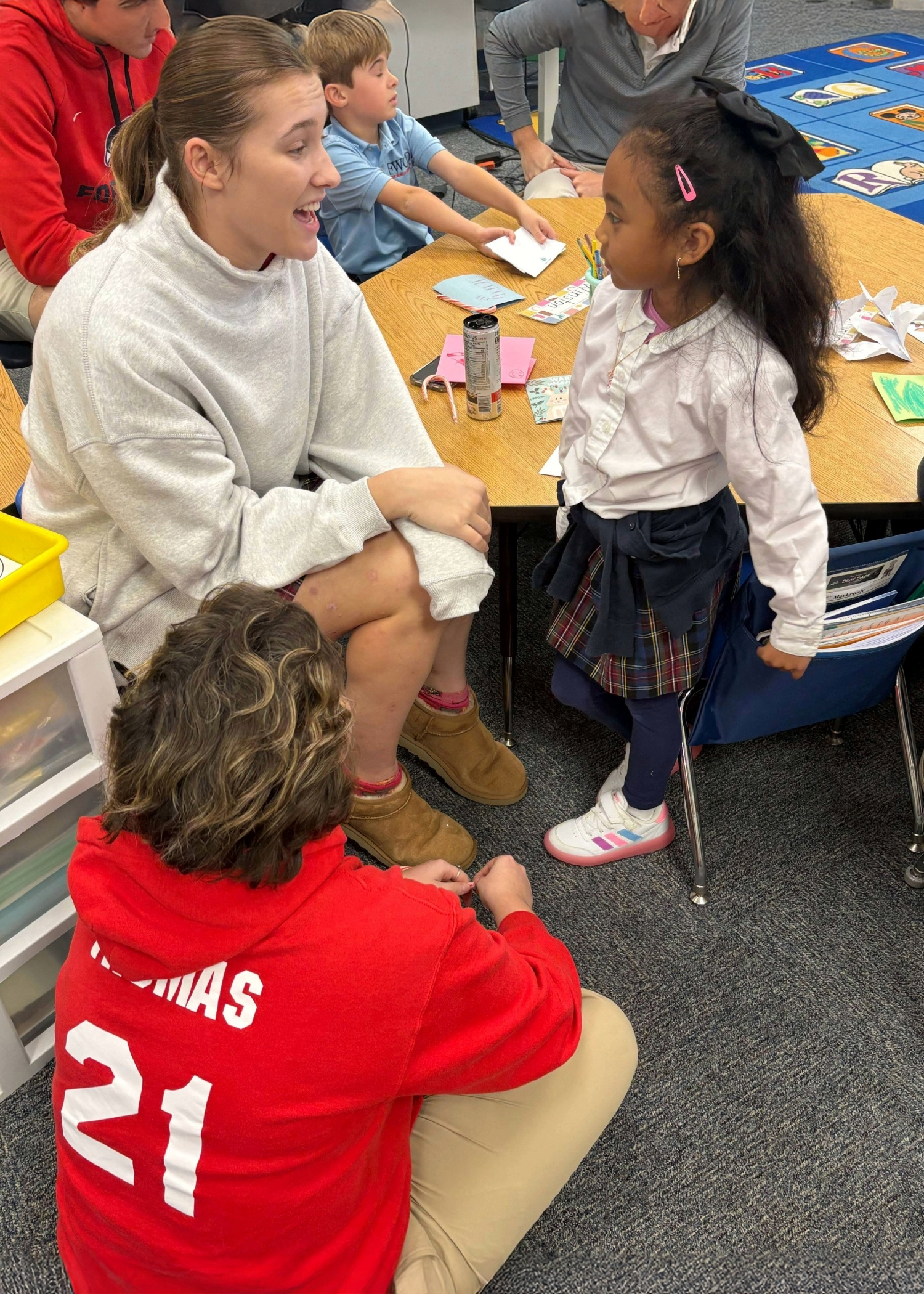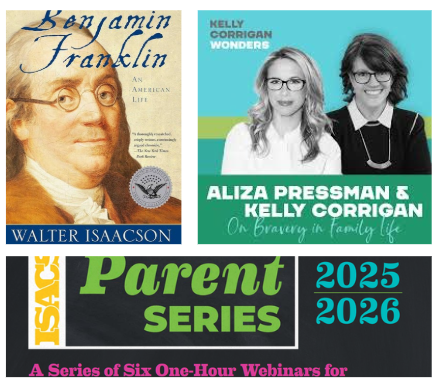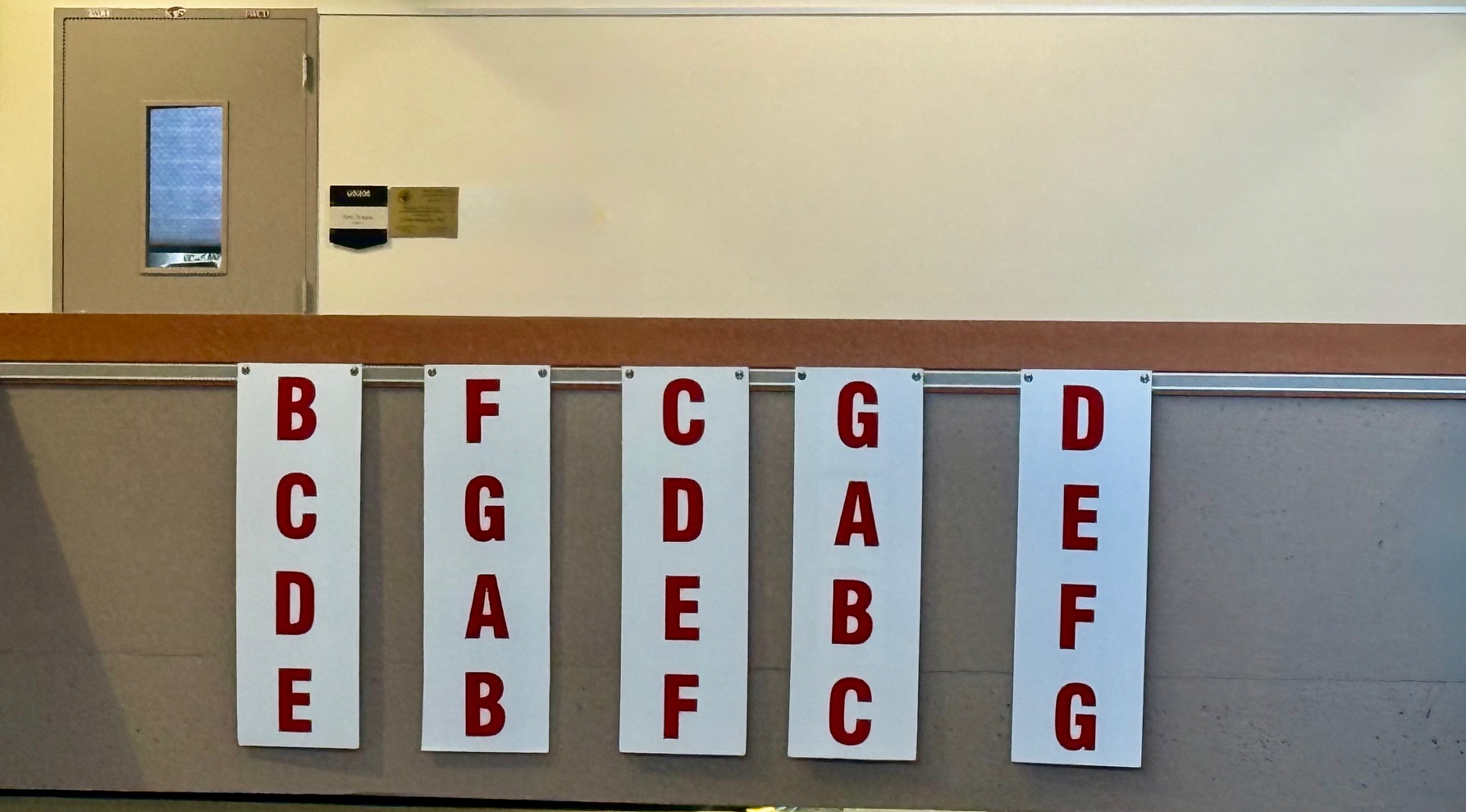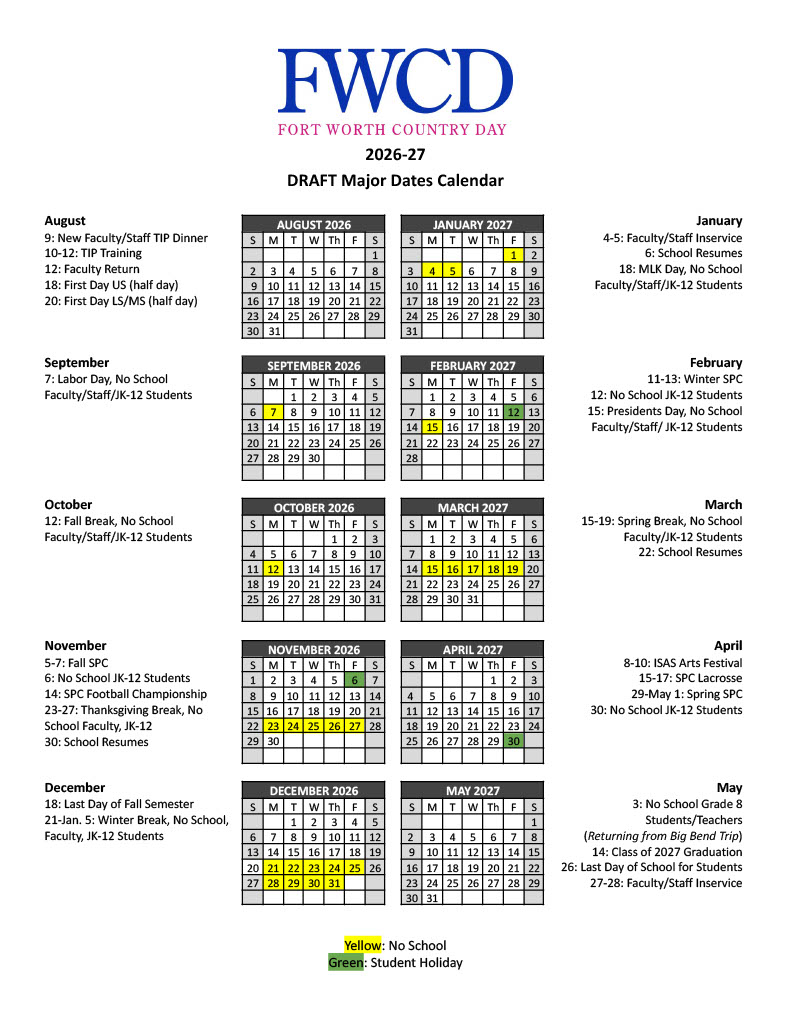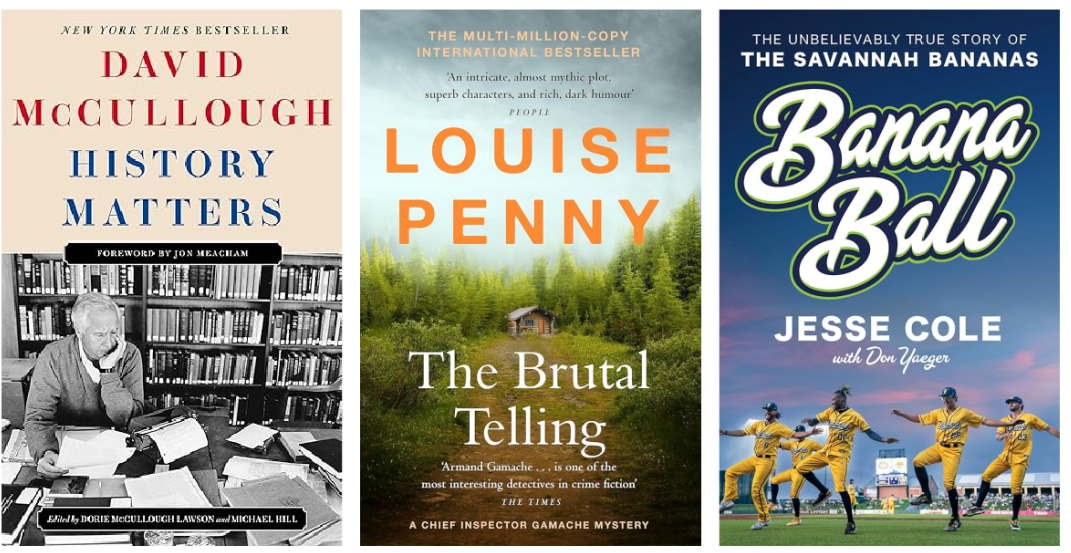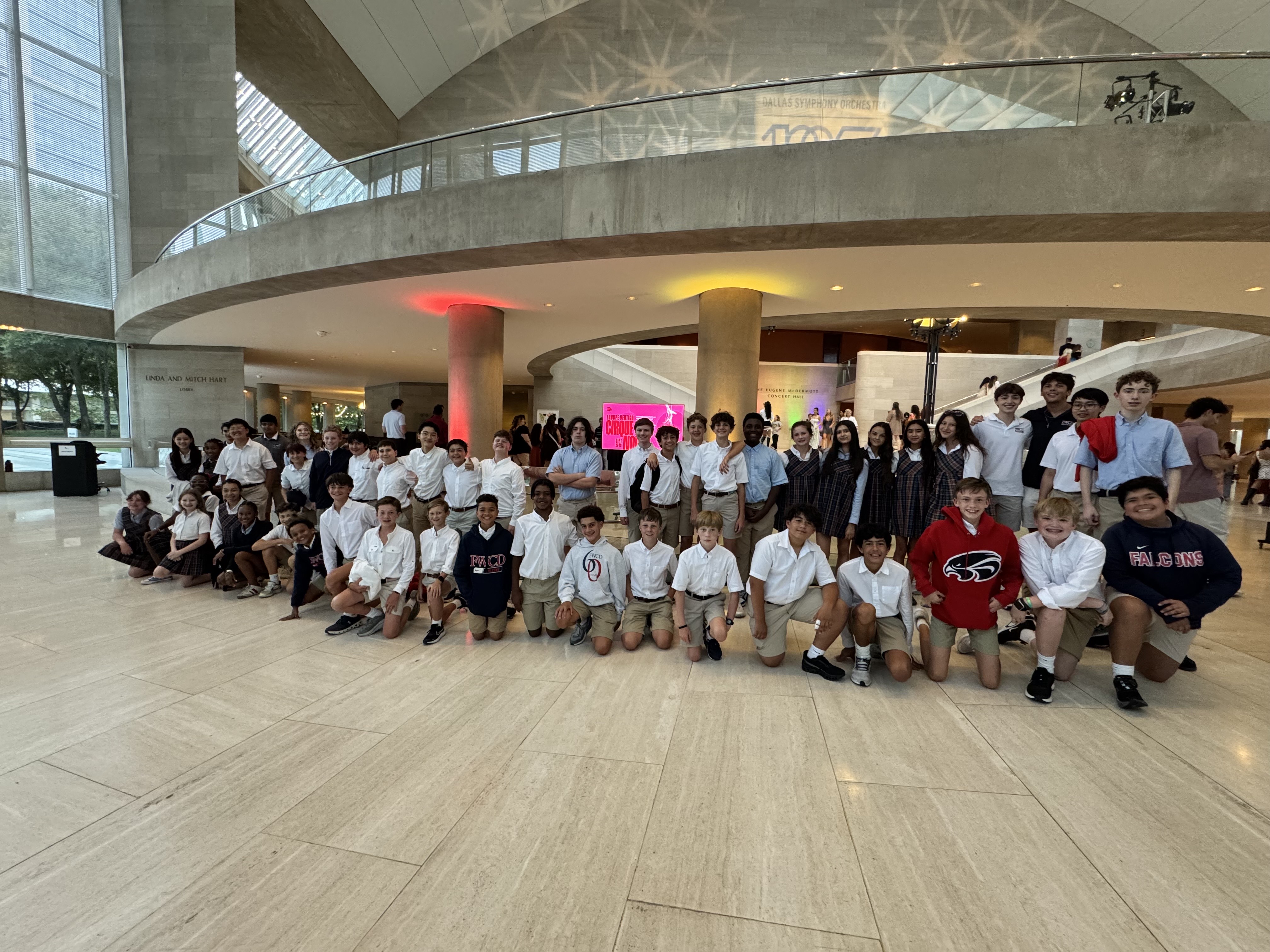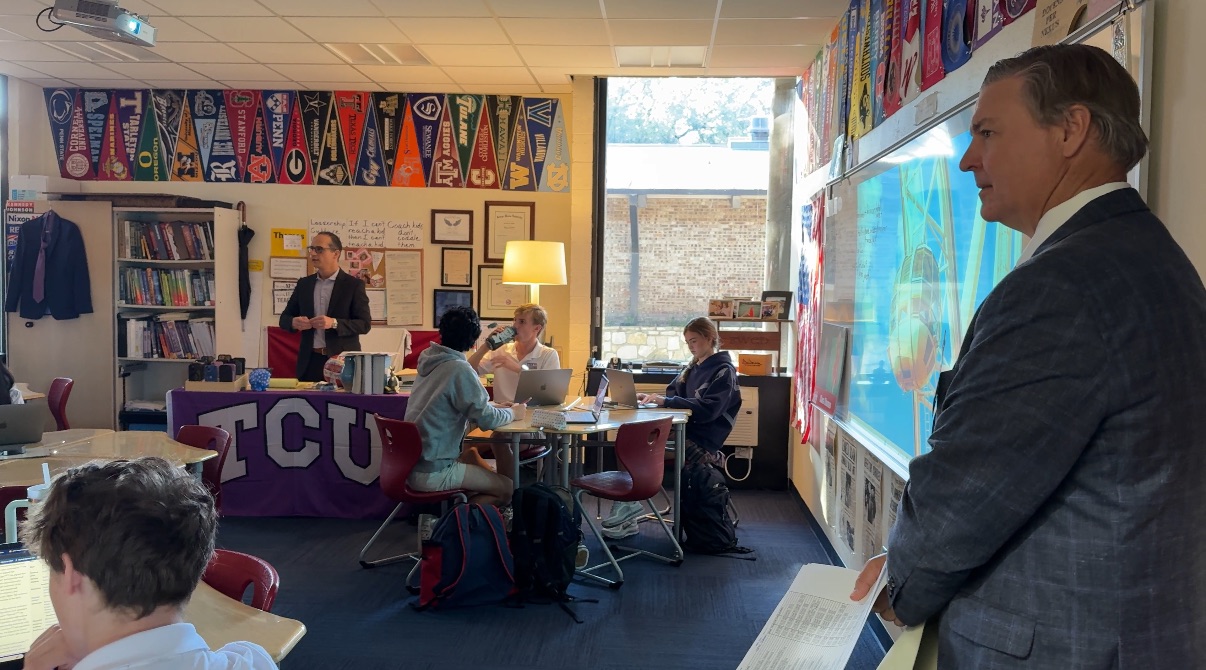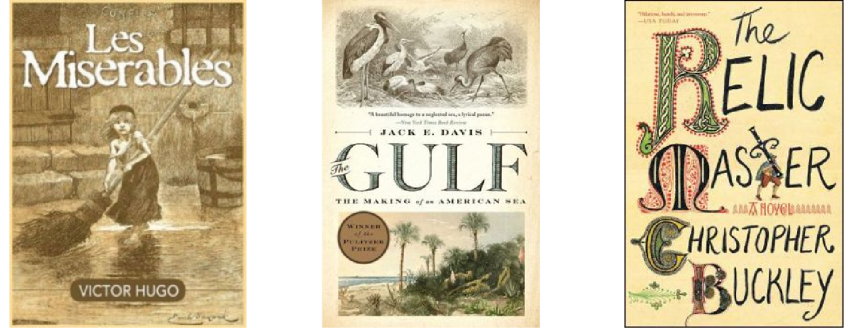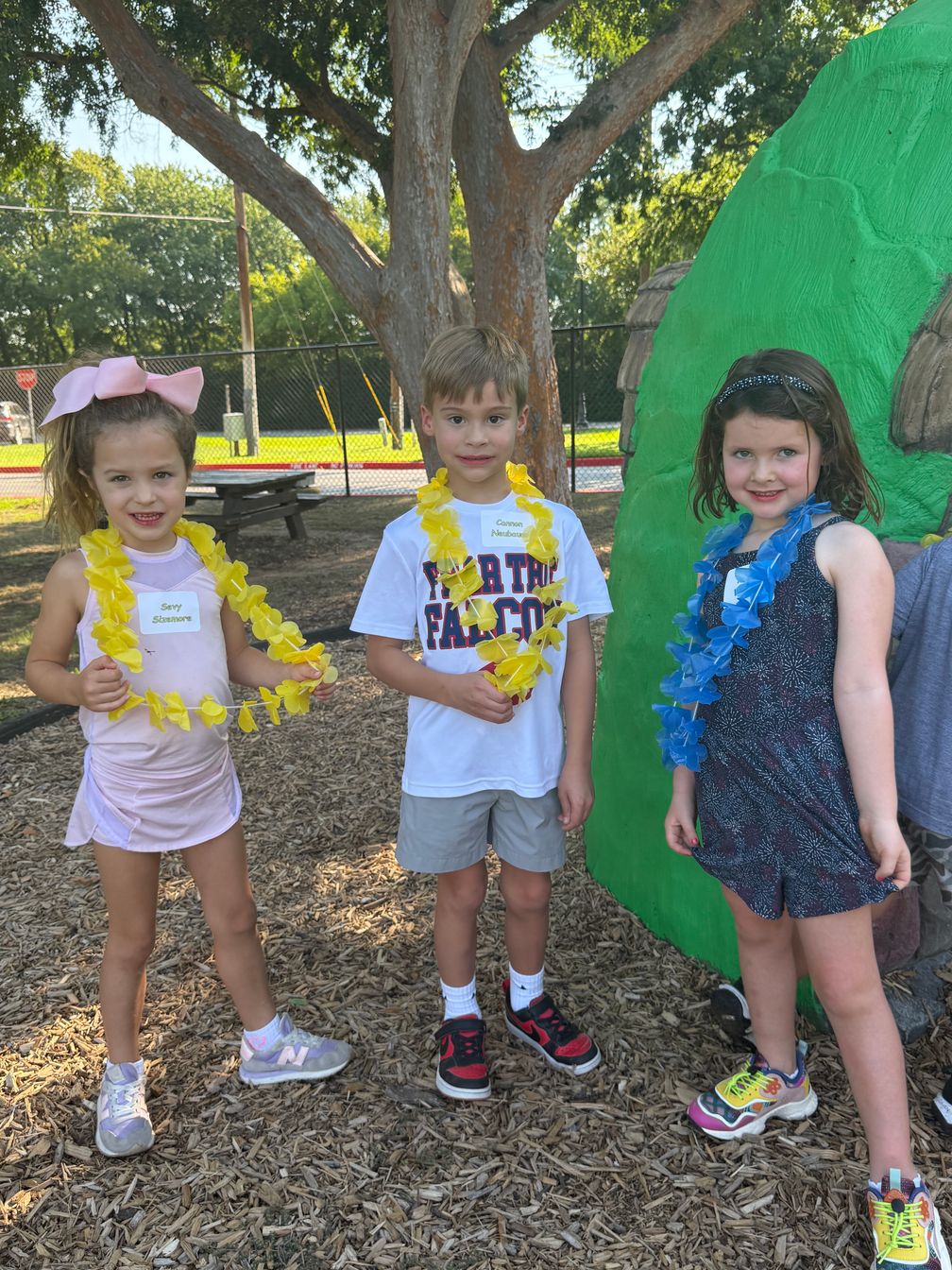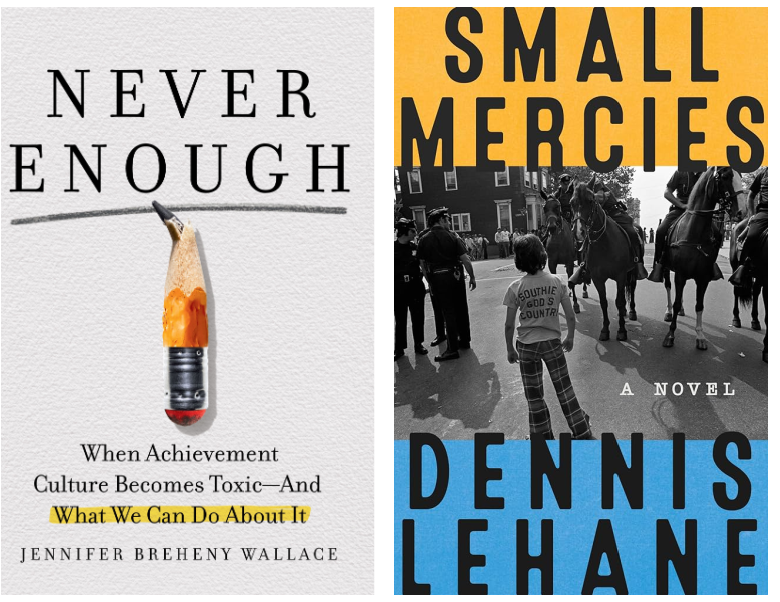Seen Heard Read: May 2024
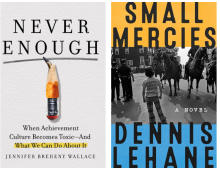
My reads this month include Never Enough by Jennifer Breheny Wallace and Small Mercies by Dennis Lehane.
Never Enough by Jennifer Breheny Wallace
Wallace’s book is attracting a broad audience of parents and educators. I can see why, though some of her arguments about the high-pressure students experience in schools like FWCD are sometimes overstated and overgeneralized.
Her strongest case is for the value of “mattering.” I hope her appearances on talk shows and in front of faculty and parent audiences, which are frequent these days, will bring home the significance of making sure every student, faculty member and staff member knows that not only do they matter, but also how and why they matter.
Wallace’s introduction focuses on an anecdote about Molly, a high school girl who works so hard she hardly sleeps and then runs laps at sports practice with her eyes closed to catch up on rest. We have students at FWCD who are not getting enough sleep and are spending too much time doing schoolwork and school activities. We need to be worried about those kids’ health and well-being, and Wallace’s Molly anecdote is over the top. An extreme example like a child “sleep running” weakens an argument because we can dismiss important and valid points between the exaggerated points.
Wallace’s narrative is familiar to those of us in schools like Fort Worth Country Day. A 2009 movie, The Race to Nowhere, was a valuable conversation starter for many of us about the stress our students so often feel and the ways we, as schools and parents, need to pay attention to warning signs. However, the movie focused on a suicide that is seemingly attributed to a single middle school math test. There were many presenting issues informing that tragedy. Again, the vital message of kids at risk could have been compromised by what seemed like an over-attribution of a single math test, causing a child to make a tragic, catastrophic decision.
However, there are many more helpful observations and data in Never Enough than unhelpful elements.
For instance, I learned from Wallace (18) that the college acceptance I gained in 1980 was wholesale different from a similar admission in 2024. She pointed out we can look up admission rates over the years. It turns out I was among about 25% of the applicants who were accepted to my college in 1980. Today, my undergraduate college accepts 7% of its applicants. I can think I know about the pressure our kids feel because I felt it, but students today are feeling something different. Noting that heightened stress, Wallace talks about scarcity and status and the toxic mix of those two features, especially for parents. (40) The point resonates, and it has its impact: “[P]arents can lose their cool over anything that appears to put their child at a disadvantage.” (46)
Wallace also echoes common concerns about students today and social media: “As if being measured at school and in extracurriculars weren’t enough, kids today also clock into a third shift: managing their social media metrics.” (47)
Her antidote to many of the challenges for students (and their teachers and parents) is “mattering.” “When you criticize a child, they don’t necessarily stop loving you, psychologists say; they stop loving themselves.” (56). While the comment needs context (we can criticize children, just with care), the general message of “parenting is about the child, not the parent,” (63) is important.
“Our job as parents isn’t to push or drag our kids to excellence. It’s to correct the lies that our society tells them: that they matter only if they’re performing, if they’re achieving.” (67)
Something particularly gratifying in my reading of Wallace is how much she relies on Suniya Luthar’s research. Dr. Luthar came to FWCD in 2018 to help us launch our use as an early adopter of her Authentic Connections High Achieving Schools Survey (HASS). We have now surveyed our Upper School students with the HASS for six years. Wallace recognizes this very powerful survey tool, creating a “Well-Being Index” and its value to schools wanting to understand what their students are experiencing year over year. She notes Luthar’s clear vision of parents as, “‘first responders’ to our kids’ daily struggles.” As such, she makes a point that parents need to take care of themselves, to build their own friendships, so they have the strength to help their children. We are fortunate at FWCD to have connected with Luthar years ago and to be able to apply her legacy survey to our students annually.
“If school is a second home,” Luthar notes, “then the acrimonious relationship between parents and teachers is like throwing kids into the stress of an ugly divorce.” (218) With that observation in mind, we can be grateful for mostly wonderful and appreciative relationships between our faculty and parents.
I appreciate Wallace’s identification and analysis of some schools where she sees learning being celebrated and joyous. (152) She connects much of that joy with homes in which parents share their own vulnerabilities with their children. (157-8) I embrace the cause of partnership between parents and schools to maximize the student experience. We want to be that school that generates “benign” as opposed to “malicious” envy. 168) We also want to be a school that allows kids to do what Wallace calls “deep [community] service.” (198)
In the end, Wallace notes her own need with her children to not “solve for their happiness.” “I’ve even stopped telling my kids that I just want them to be happy. Happiness and well-being … are the byproducts of living a life where we feel valued and add value to others.” (226)
Perhaps the most impactful single comment in Never Enough is Wallace’s reporting on a Stanford Professor’s research: “[Y]oung people today are stressed and anxious not necessarily because we’re overworking them but because they don’t know what all their efforts are for.” (181) As we look at the stress of our own FWCD students, we are called to help them know why they are doing what they are doing. As we will say in our upcoming Strategic Plan, we are not just about preparing kids for college; we are preparing them for life.
Lastly, Wallace’s list of annotated resources (237-251) is worth a look.
Small Mercies by Dennis Lehane
Fun read, except when it is not. I now know Lehane has written some memorably scary stories, many of which have been made into edge-of-your-seat movies (Mystic River, Shutter Island). I have not read any of his previous books. This one has the powerful setting of 1974 Boston, with busing tensions as a very present backdrop. Lehane is from Boston and brings to life some amazing characters of the time and place while also conveying the power of hate. Hate in Small Mercies is mostly across racial lines. Lehane’s characters provide a powerful case study, though fictional, about the destructive force that uninformed, unchecked hate is. I would support his assertion that we are taught to hate. As educators and parents, we all have a role in doing everything we can to counter any teaching of hatred.
In a story teeming with rough and tumble characters, the advice of a mom to a daughter makes sense: “You’re either a fighter or a runner, and runners always run out of road.” (6) And a character described as a walnut, “something hard and curled into itself dry and difficult to break.” (17) And a different type of character, “First one to give support, last one to ask for it.” (56)
“... [M]aybe the opposite of hate is not love. It’s hope.” (123)
And the denouement comes in a speech by a black parent whose child was killed by some white kids, “You raised a child who thought hating people because God made them a different shade of skin was okay. You allowed that hate. You probably fostered it.” (252)
How do we interrupt traditions of hate? Cultures have battled this issue for all of history. Lehane’s book does a good, if sometimes overwrought, job of describing the characteristics and consequences of that taught hatred in one very specific community of 1974 Boston.
(The edition of the book I read is “exclusive” to Barnes and Noble and includes, as an appendix, a good reflective essay by the author).



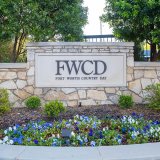
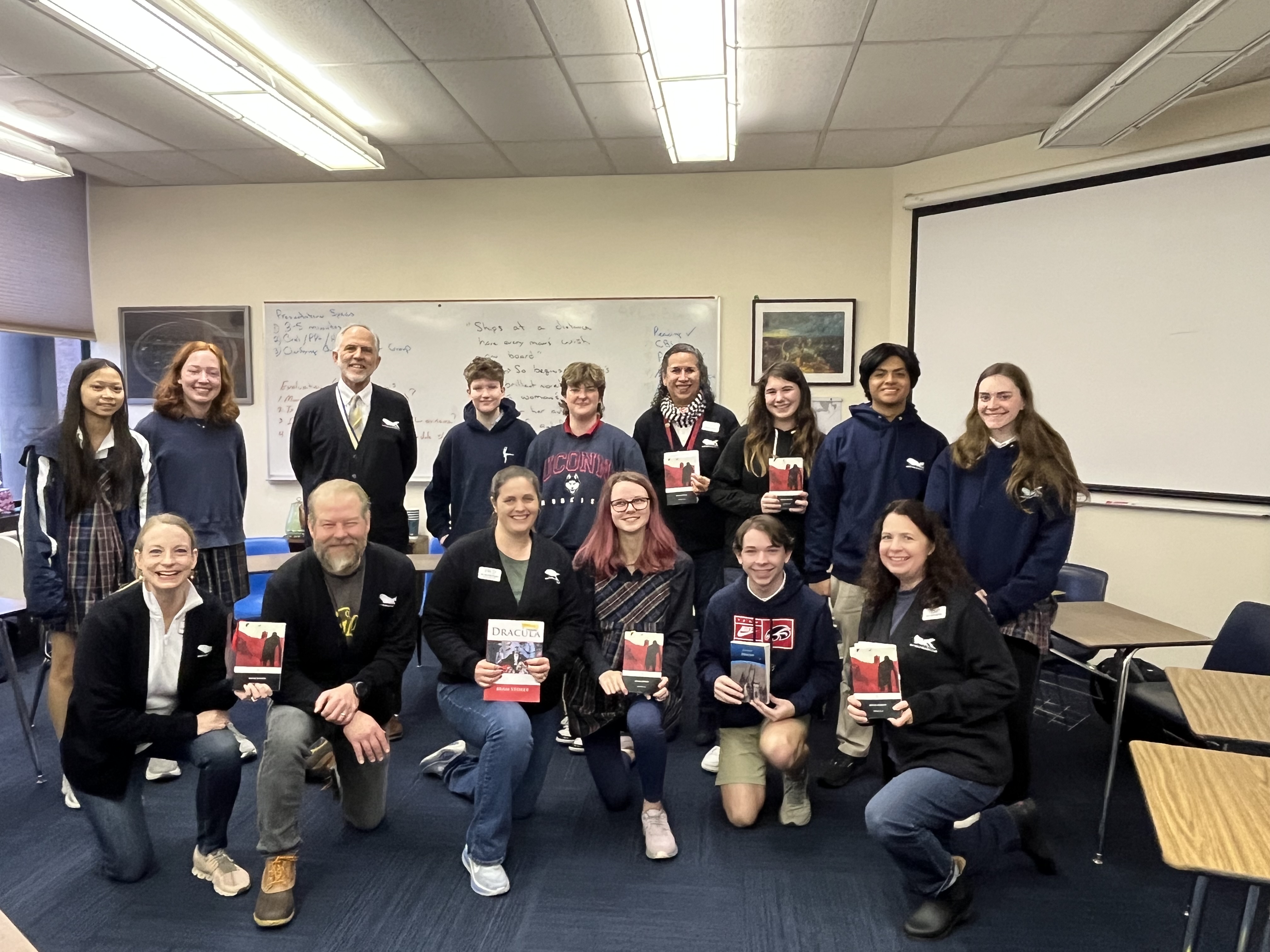
.jpg)



